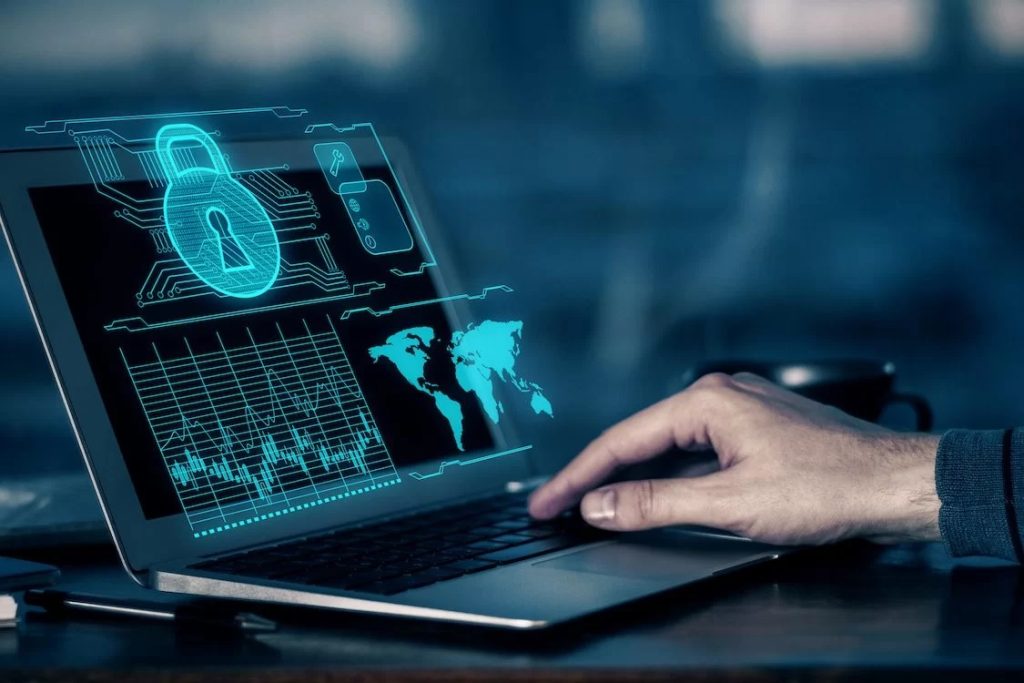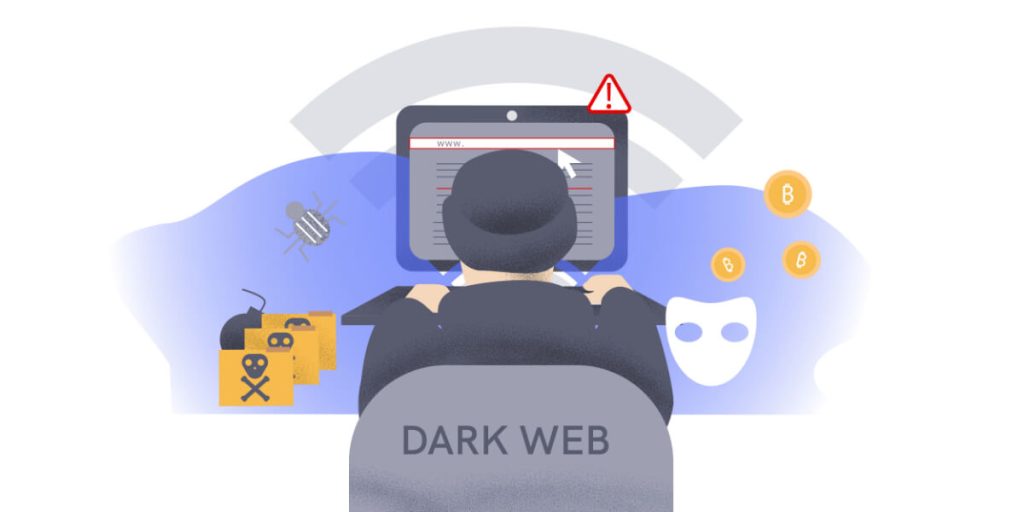Computer forensics has evolved into a critical field that supports not only law enforcement agencies but also businesses, legal professionals, and individuals seeking to resolve issues related to data breaches, fraud, cybercrime, and more. Expert computer forensic teams play an indispensable role in driving secure digital investigations forward by leveraging their specialized knowledge, cutting-edge tools, and a meticulous approach to data recovery and analysis. Computer forensics involves the recovery, analysis, and preservation of digital data that can be used as evidence in legal proceedings. Experts in this field apply a systematic approach to investigate digital devices, such as computers, smartphones, servers, and cloud storage systems, ensuring that any data extracted remains intact and unaltered. This is crucial for maintaining the integrity of the evidence, especially in cases where the data may be contested in court. Forensic investigators utilize various techniques, including data carving, keyword searches, timeline analysis, and file signature analysis, to uncover hidden or deleted information that could serve as critical evidence. A primary responsibility of forensic teams is to secure and preserve evidence before it is tampered with or destroyed.

This careful handling of digital evidence not only prevents corruption or loss of valuable information but also helps to ensure that the investigative process is legally sound. The professionalism and discipline of expert forensic teams provide organizations with the peace of mind that their investigation will stand up to scrutiny, should the case reach legal proceedings. Beyond the technical aspects of data recovery, forensic experts possess a deep understanding of legal requirements and can work alongside attorneys, law enforcement, and other stakeholders. In many cases, digital evidence must comply with specific regulations such as the Federal Rules of Evidence FRE or international standards, and the expertise of a computer forensic team ensures that all procedures are followed in line with these guidelines. Their role extends beyond merely collecting evidence; they also interpret it, explaining the significance of the findings in a manner that is understandable to non-technical stakeholders. This ability to clearly present complex technical data is crucial in making informed decisions during an investigation. As cybercrime continues to rise, the need for expert computer forensic teams grows.
Forensic investigators can trace these activities back to their source, using advanced tools to analyze logs, network traffic, and other digital footprints left behind by perpetrators. Their work often leads to the identification of criminal organizations, individuals, or malicious actors responsible for causing harm, financial loss, or reputational damage. Furthermore, these experts provide valuable services beyond traditional investigations. For businesses, they can conduct proactive audits to identify vulnerabilities, detect potential threats, and safeguard sensitive information. Organizations may also turn to forensic teams to investigate internal misconduct, such as employee data theft or policy violations. By performing thorough digital investigations, these teams help prevent future breaches and enhance the overall security posture of an organization. With their specialized skills, knowledge, and advanced tools, these teams ensure that digital investigations are conducted efficiently, securely, and in compliance with legal standards. As the digital landscape continues to evolve Computer Forensics Guide, the importance of these forensic experts cannot be overstated in the pursuit of justice and security.






